Anxiety is a feeling of worry, nervousness, or unease that typically arises in response to stress or perceived threats. It’s a natural response designed to help us stay alert and focused. However, when anxiety becomes excessive or chronic, it can interfere with daily life, affecting mood, thoughts, and physical health.
Anxiety disorders are a spectrum of disorders that share similar traits such as excessive fear, worry, and associated behavioral and physiological disturbances. Where fear is an emotional response to real or perceived threats, anxiety is an anticipation of future threats. These two may overlap but there are distinct ways in which they differ.
Fear is more often associated with physiological changes necessary for fight or flight, anxiety is often associated with muscle tension and preparation for future danger with cautious or avoidant behavior.
Anxiety disorders typically last long periods of time, causing impairment in all aspects of your life, including work, school, or relationships.
Anxiety symptoms may start in early childhood or adolescence and persist into adulthood. According to the National Institute of Mental Health, anxiety disorders are the most common mental illness in the U.S., affecting 40 million adults in the United States age 18 and older. However, while anxiety disorders are highly treatable, only about one-third of those suffering from anxiety symptoms seek anxiety treatment.
There are various different types of anxiety disorders that are primarily differentiated by the subjects or situations that induce fear, anxiety, or avoidance behavior and associated physiological responses. Anxiety disorders can also be differentiated by the associated symptoms, which can be similar across these disorders.
Anxiety disorders can be best identified by close observation and documentation of the types of situations that create anxiety or avoidance and the content of the associated thoughts or beliefs. Below are some common types of anxiety disorders.
Generalized Anxiety Disorder (GAD) is characterized by excessive, uncontrollable worry about various aspects of daily life, such as work, health, relationships, or finances. People with GAD often feel anxious most days, even when there is little or no reason for concern. They find it hard to control their worries and keep their thoughts from interfering with their focus on day-to-day activities.
Common GAD symptoms include restlessness, muscle tension, feeling on edge, easily fatigued, sweating, nausea, or diarrhea. Other conditions that may be associated with stress include irritable bowel syndrome and headaches.
This ongoing anxiety can interfere with daily functioning and quality of life. GAD is treatable through therapy, lifestyle changes, and sometimes medication, helping individuals manage their GAD symptoms and reduce worry.
Adults with generalized anxiety disorder often agonize over everyday, routine life circumstances, such as health, finances, responsibilities, job performance, or house chores. Children with generalized anxiety disorder tend to stress over their ability or their quality of performance. Worries that are associated with generalized anxiety disorder are in excess and are often intrusive and disruptive.
Agoraphobia is an anxiety disorder characterized by an intense fear of certain places or situations that triggers a severe panic of feeling trapped or helpless. For instance, being in places or situations where escape might be difficult or help would be unavailable if a panic attack or severe anxiety were to occur.
Common triggers include crowded places, open spaces, public transportation, or simply being outside the home alone. Individuals with agoraphobia may avoid these situations, sometimes to the point where they feel unable to leave their home.
The fear is often rooted in feelings of being trapped, helpless, or embarrassed. Agoraphobia can significantly impact a person’s independence and daily life but can be managed through therapy, medication, and gradual exposure to feared situations.
Panic disorder is characterized by recurrent and unexpected panic attacks. These panic attacks come about as a strong surge of intense fear and/or discomfort that reaches a peak within minutes. The abrupt surge of symptoms can occur from a calm state or an anxious state.
The frequency and severity of attacks can widely vary and they are often accompanied by and compounded by concerns and worry about the consequences of a panic attack (e.g., heart attack or “losing it”) or feeling embarrassed.
With panic attacks, four or more of the symptoms are present:
With social anxiety disorder or social phobia, individuals are anxious or excessively nervous about their social interactions with others. These anxieties stem from the extreme fear of being scrutinized and often make social situations very uncomfortable for individuals who suffer.
Those with social anxiety disorder often experience signs of anxiety/negative emotional feelings in the following situations:
The thought of being negatively judged by others, being embarrassed, humiliated, rejected, or offending others causes an immense amount of stress.
Some concerns of those who struggle with social anxiety are that they may be viewed or act in a manner that would suggest they are anxious, weak, crazy, stupid, boring, intimidating, dirty, or otherwise unlikeable.
They also fear they will act or appear in a certain way that will show symptoms of their anxiety, such as blushing, trembling, sweating, stumbling over their words, or staring, and will be negatively judged by others.
Separation Anxiety Disorder is an anxiety disorder commonly seen in childhood but can also affect adults. It involves an intense, often overwhelming fear or worry about being separated from parents or primary caregivers, usually due to a fear of abandonment or concern for their safety.
Children with this disorder may show distress when anticipating separation, have nightmares about being apart, or experience physical symptoms like headaches or stomachaches when away from caregivers.
While it's normal for young children to experience some separation anxiety, this disorder is more persistent and disruptive. Therapy, especially cognitive-behavioral therapy (CBT), is commonly used to help children and adults manage their separation fears.
Selective Mutism is a childhood anxiety disorder where a child consistently fails to speak in specific social situations, such as at school or in public, despite being able to speak comfortably at home or with close family members.
This disorder goes beyond simple shyness; children with selective mutism often experience extreme anxiety in particular settings, making it challenging to communicate verbally. This condition can interfere with learning, social development, and daily functioning.
Treatment often includes behavior therapy and gradual exposure to speaking in feared situations, sometimes supported by medication in severe cases. Early intervention is beneficial in helping children overcome selective mutism and improve social and academic functioning.
Panic attacks and anxiety are often used interchangeably but are different. Anxiety is pervasive or excessive worry about a future event or situation which may include rumination, irrational thinking, or cognitive distortions. Anxiety can be long-lasting and hard to control and may or not include bodily sensations connected to worry.
Panic attacks are abrupt feelings of panic triggered by a perceived immediate threat or danger. Panic attacks can induce rapid heart rate, shortness of breath, and chest pains that sometimes are misidentified as heart attacks.
Many times, the anxiety is surrounding the fear of a future panic attack and struggling with intense symptoms, so individuals begin to avoid places or situations that were thought to trigger intense bodily sensations.
While they are no definitive causes of anxiety, several factors can trigger anxiety disorders. Those include:
A growing body of research has linked genetics and anxiety. Additionally, there is an assumption that some responses to everyday situations are learned behaviors of children by adults. If you had a primary caregiver that exhibited anxiety symptoms in response to everyday stressors, children may be prone to modeling those behaviors.
Those who have experienced trauma or witnessed traumatic events are at a higher risk of anxiety.
Those who struggle with substance abuse or are withdrawing from drugs or alcohol are more prone to anxiety disorders. Additionally, those who experience anxiety may be more prone to turn to drugs or alcohol to lessen their symptoms.
Those dealing with a medical condition or serious illness may experience anxiety disorders.
An anxiety diagnosis requires an evaluation by a licensed clinician such as a psychiatrist or psychologist who specializes in anxiety. These mental health experts will perform an anxiety test and monitor you in order to make a diagnosis.
At Clarity Clinic, we offer anxiety testing and treatment for children, teens, and adults aimed at understanding the anxiety, as well as triggers associated with anxiety symptoms.
Our therapists and psychiatrists conduct anxiety tests to determine the severity of the anxiety and identify any coexisting conditions that can frequently be a contributing factor to anxiety, such as depression, substance abuse, or mood disorders.
You can also take our free anxiety test online to get a better idea of your anxiety symptoms and gain some insight on whether or not you would benefit from seeing a mental health professional.
FREE Anxiety TestAnxiety disorders are highly treatable using a combination of medication management and psychotherapy. Let’s break down the two in more detail.
Our psychotherapists specialize in cognitive-behavior therapy to treat anxiety. Cognitive-behavior therapy is the most widely used psychotherapy treatment for anxiety disorders and research has shown it to be highly effective in the reduction of anxiety symptoms.
Cognitive-behavior therapy (CBT) is a short-term, goal-oriented therapy that focuses on changing behaviors and thought patterns for those suffering from anxiety disorders including generalized anxiety disorder, panic disorder, agoraphobia, and social anxiety disorder, as well as post-traumatic stress disorder.
At Clarity Clinic, our anxiety therapists in Chicago are trained in CBT interventions and strategies to help patients reduce their anxiety and worry and refocus and redirect their negative thought patterns to reduce their anxiety symptoms.
Our psychiatrists ensure a proper diagnosis and take care of specialized medication management for clients who require anti anxiety meds. The treatment team (our psychiatrists and therapists) works together to devise an individual treatment plan tailored to each client’s anxiety symptoms.
Your psychiatrist will recommend the best anxiety medication for your needs, our psychiatry team is exceptionally knowledgeable on every anxiety medication on the market.
Whether it's Duloxetine (Cymbalta), Fluoxetine (Prozac), Trazodone, Sertraline (Zoloft), Buspirone, or Lexapro for anxiety, our team will ensure you are on the best anxiety medication for you.
According to the Diagnostic and Statistical Manual of Mental Disorders (DSM), a reference guide used by healthcare professionals to diagnose mental disorders, the following symptoms of Generalized Anxiety Disorder must be present for most days over a period of at least 6 months.
GAD Symptoms:
Many individuals also experience anxiety symptoms such as sweating, nausea, or diarrhea. Additionally, the symptoms associated with the anxiety or worry, disrupt daily activities and tasks and cause issues at school, at work, or in relationships.
We specialize in providing comprehensive and personalized anxiety treatment in Chicago and Illinois. Our experienced team of anxiety therapists near you and psychiatrists is dedicated to helping you overcome the challenges of anxiety and regain control of your life.
Don't let anxiety hold you back any longer – take the first step towards a calmer and more fulfilling life by scheduling an appointment today with a leading therapist or the best psychiatrist near you for anxiety and depression. Your journey to well-being begins at Clarity Clinic!
Start Anxiety TreatmentLooking for the best IOP and PHP programs near you? We can help! Clarity Clinic offers the best PHP and IOP treatment for anxiety in Chicago. If you are interested in learning more, head to our PHP/IOP curriculum page to get an overview of our programs.
PHP/IOP is for anyone who needs more support than a weekly therapy or psychiatry session can provide. We offer virtual IOP, on-site IOP, and on-site PHP. Take control of your anxiety today with our leading IOP programs and PHP programs near you today!












































































































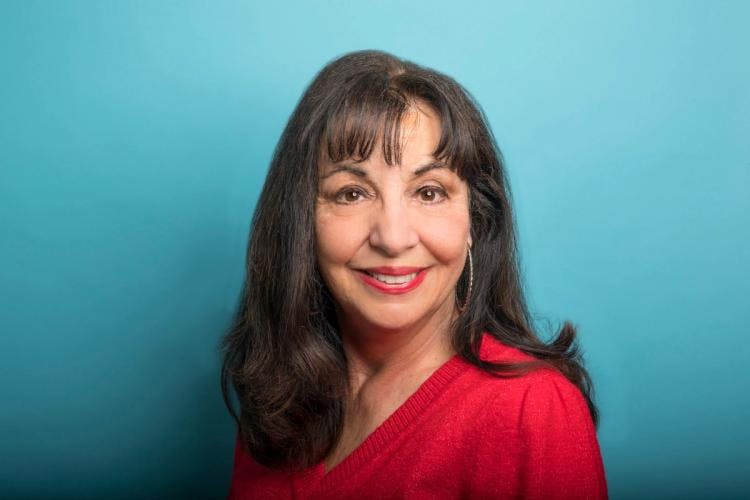





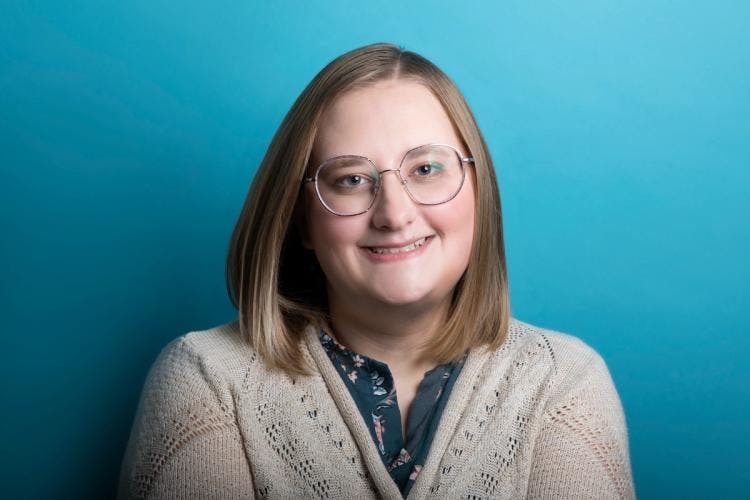
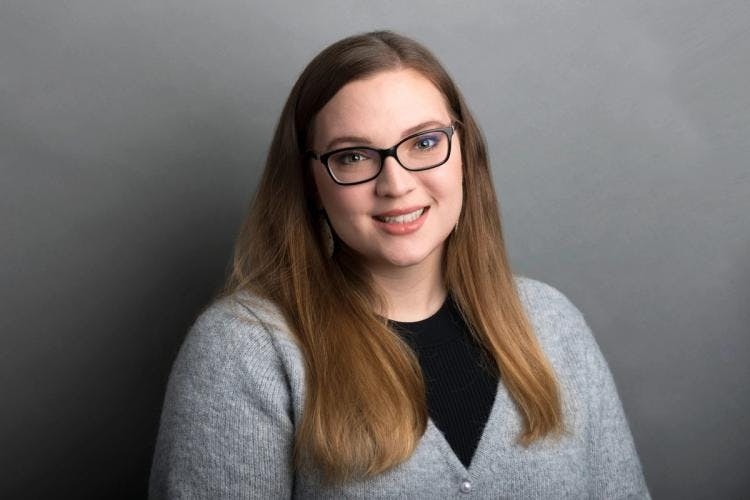
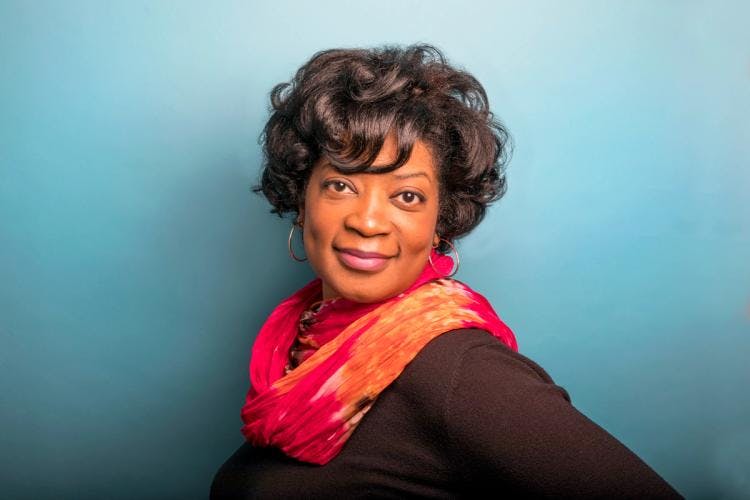
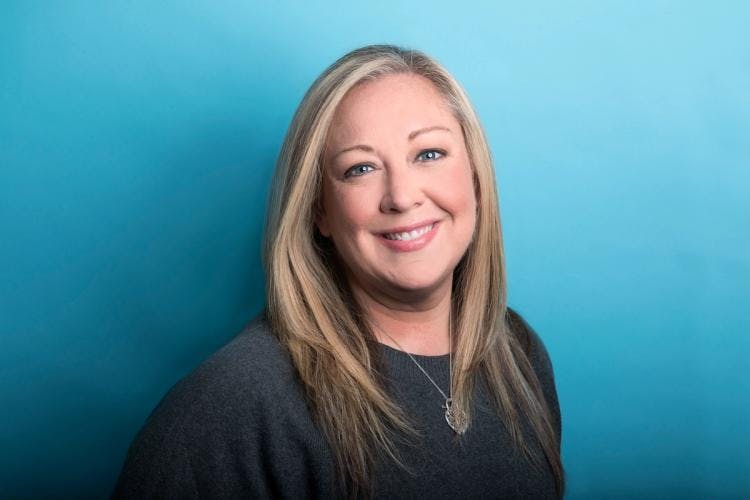
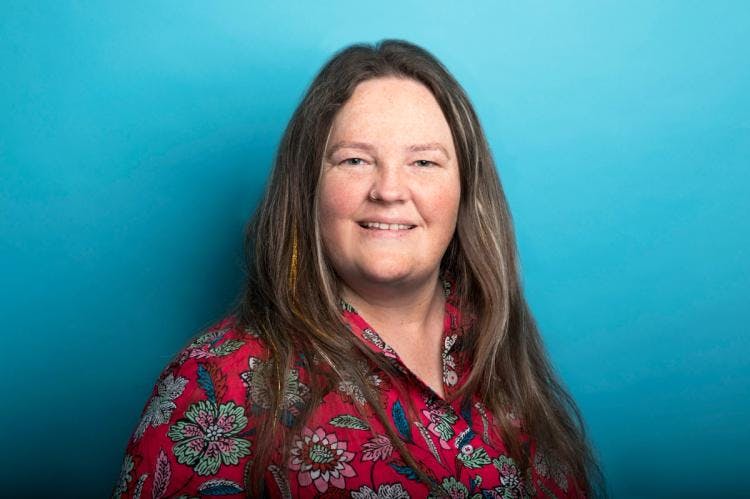





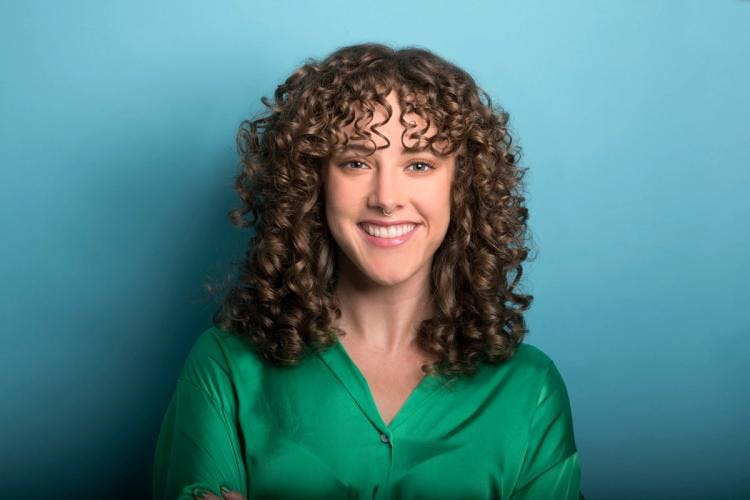
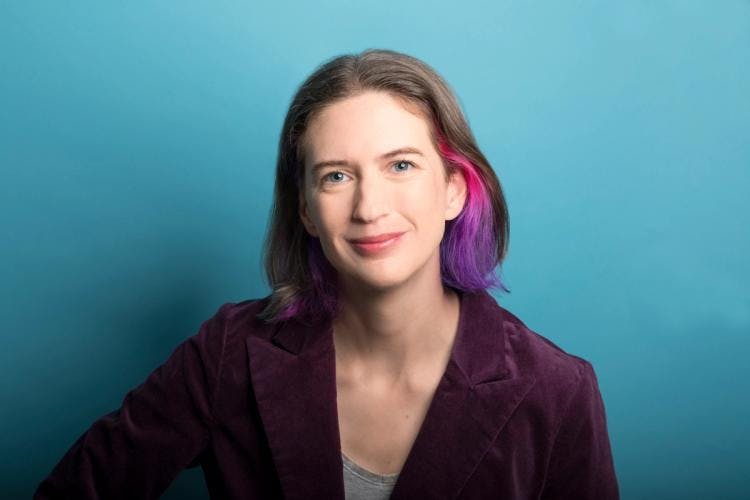
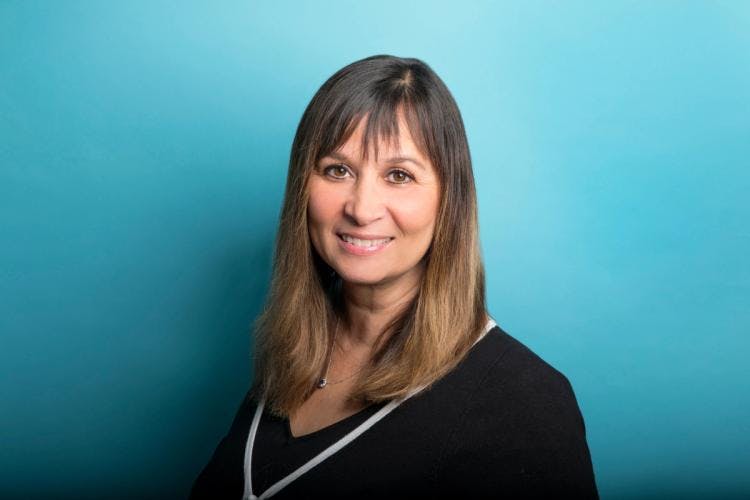
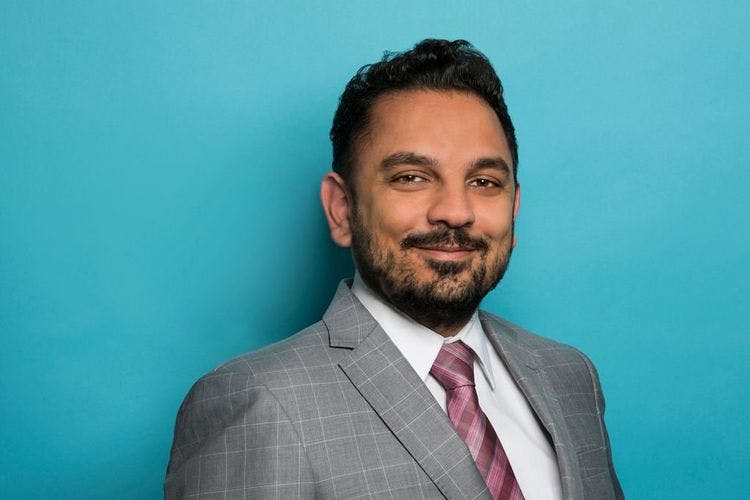

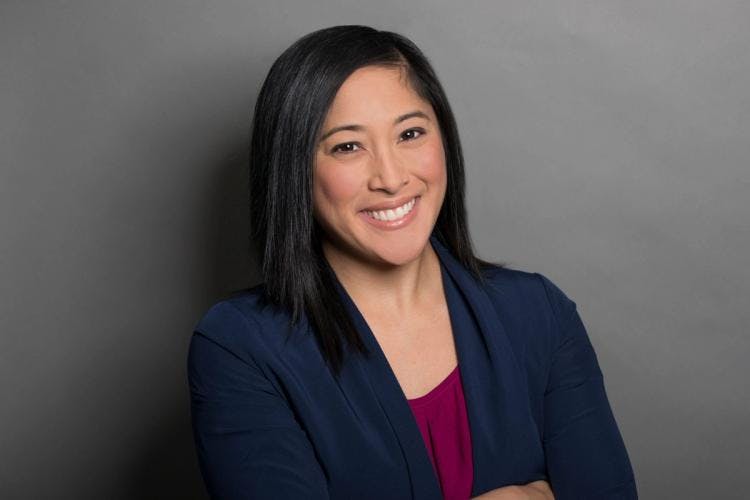

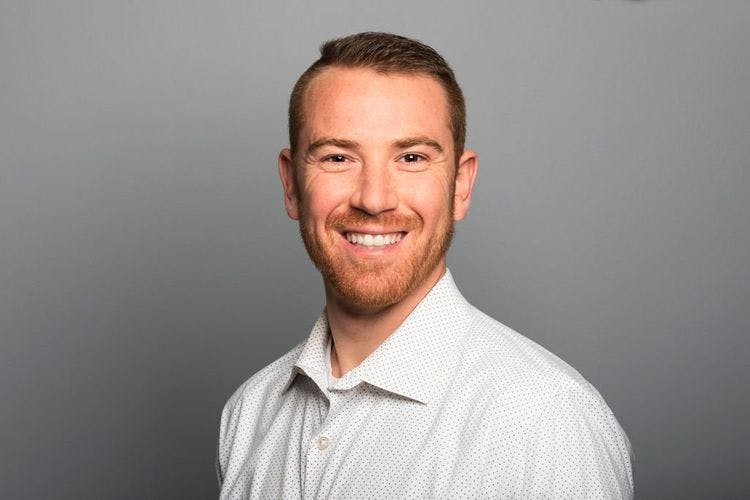

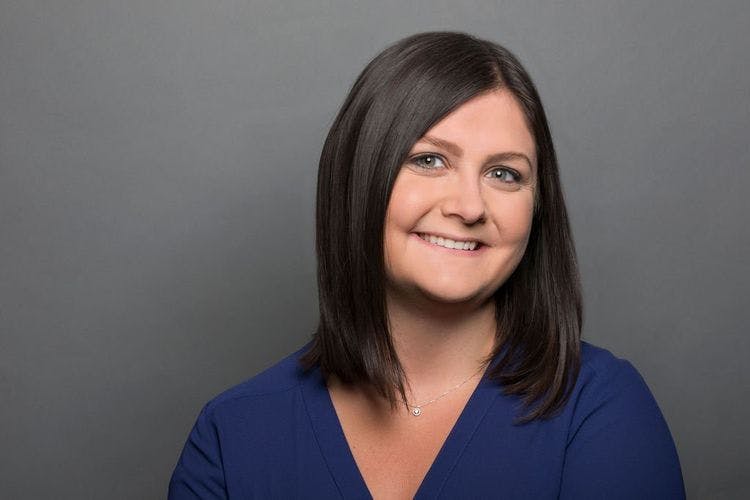

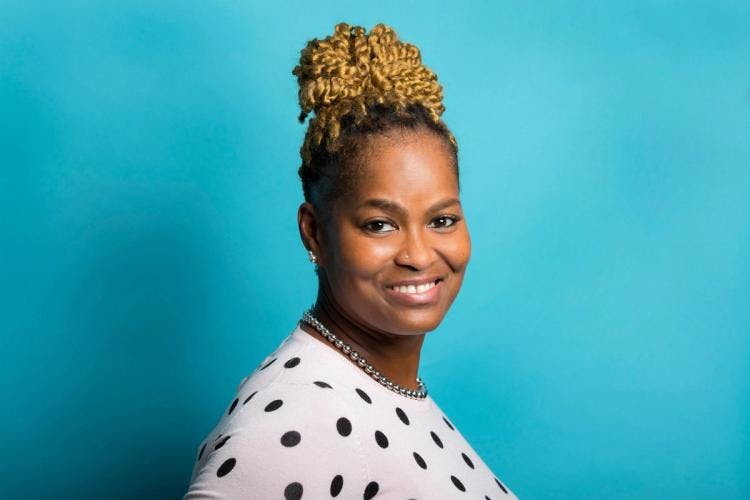
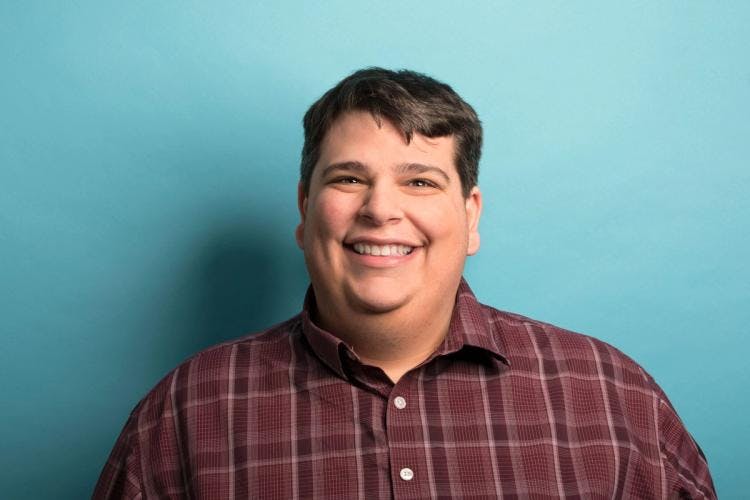



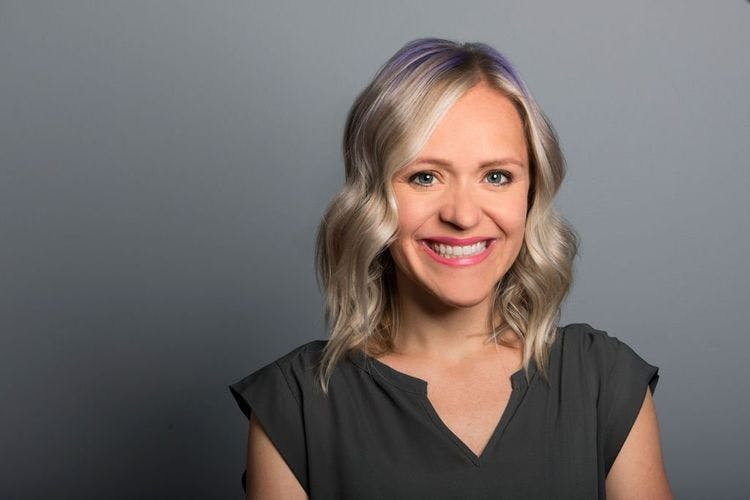
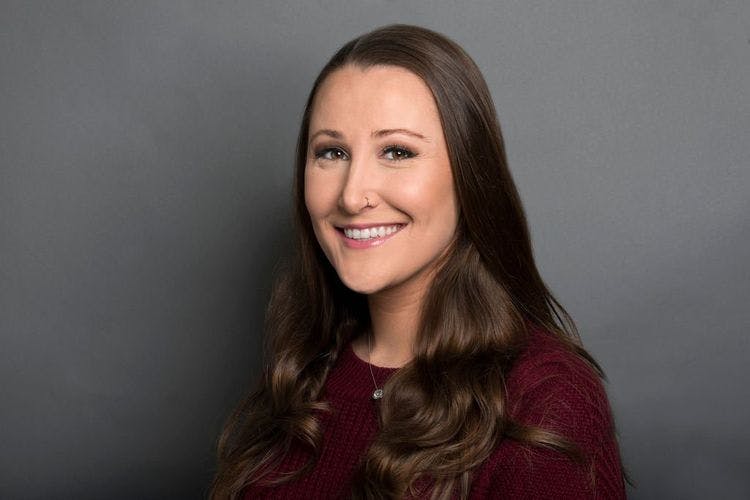
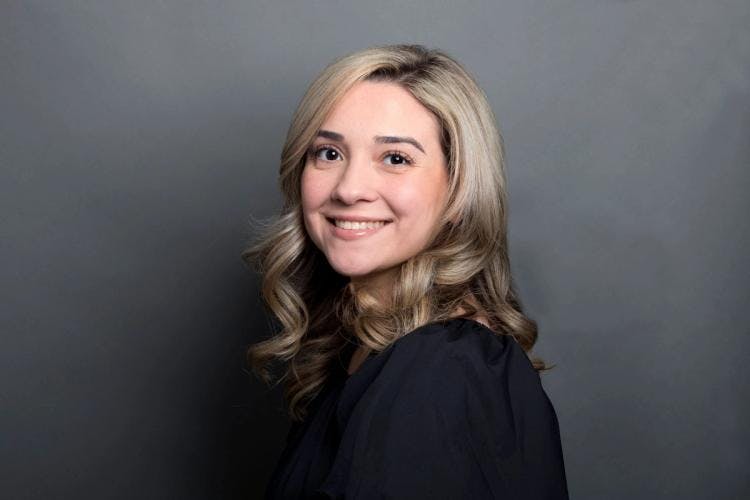
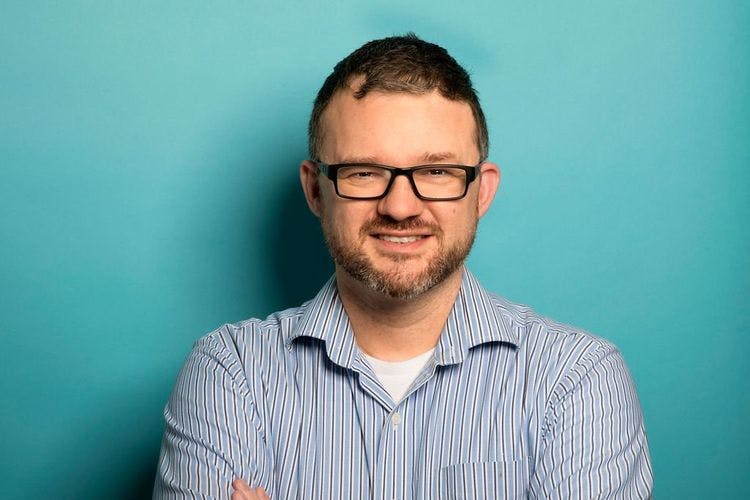
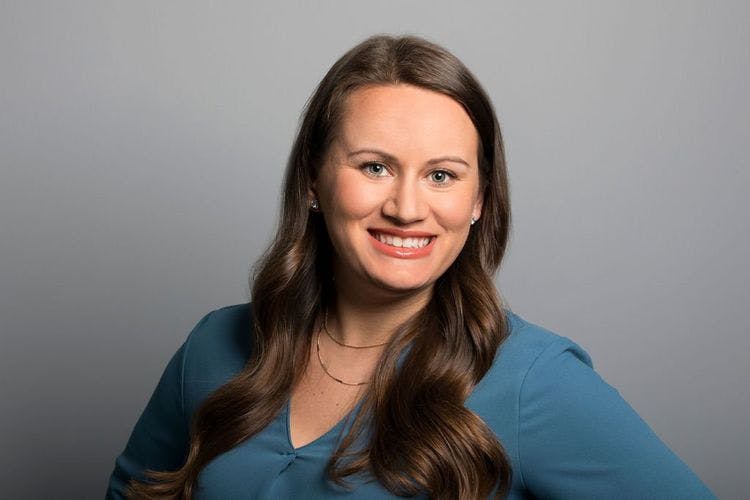
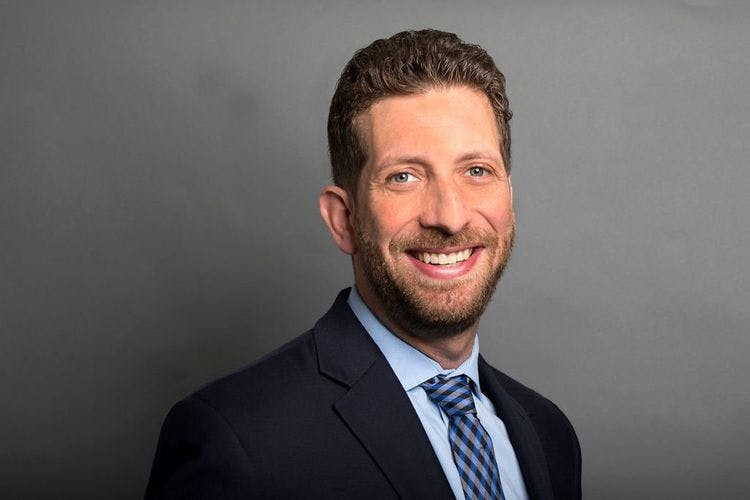
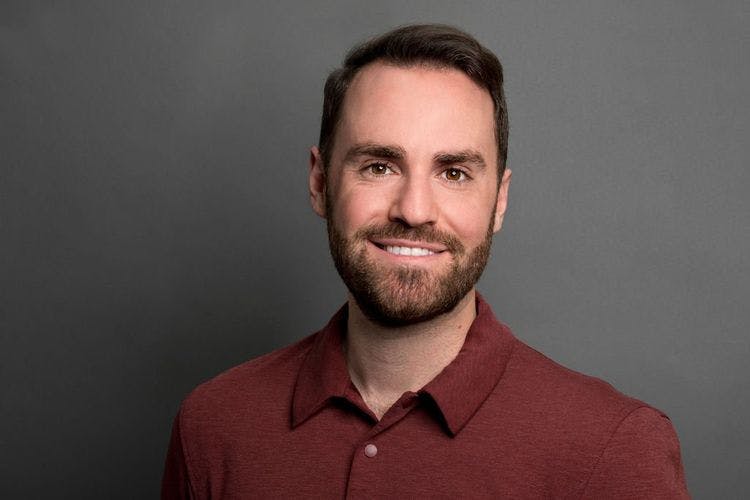
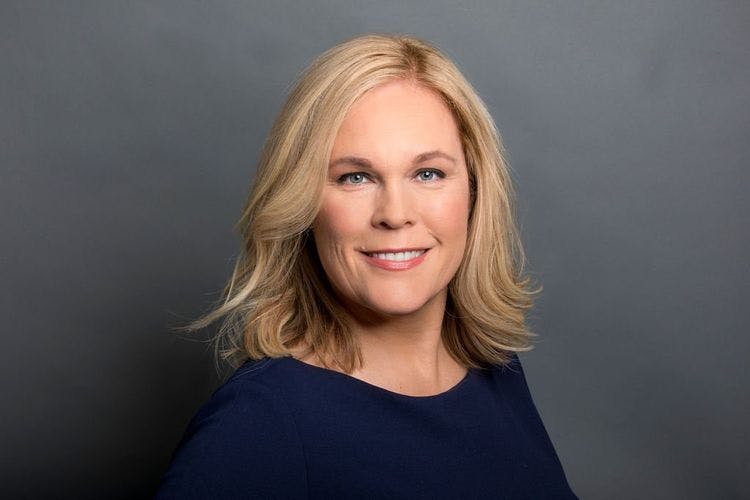
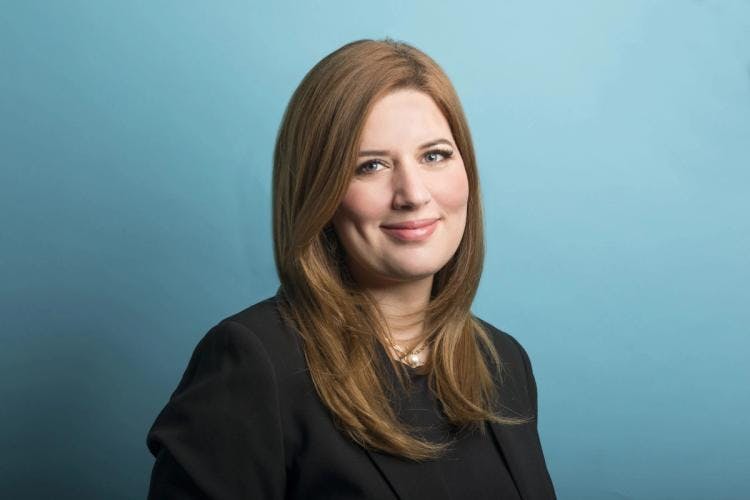
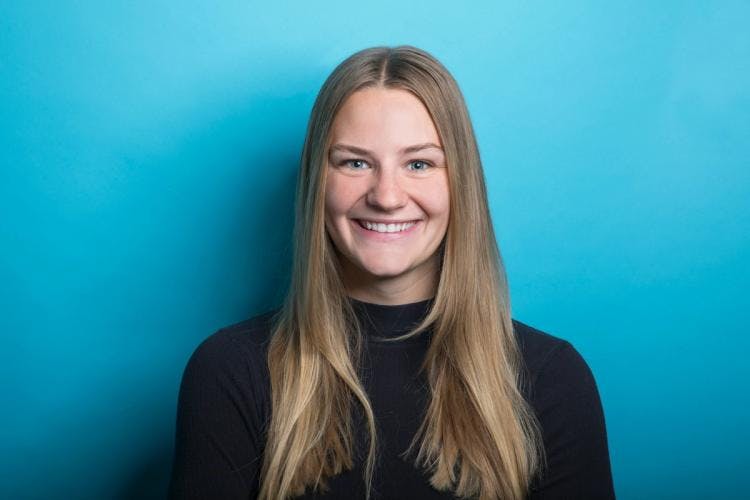
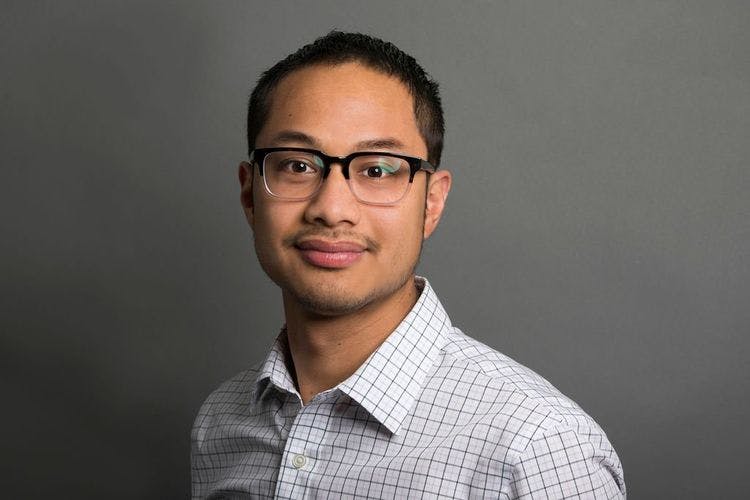
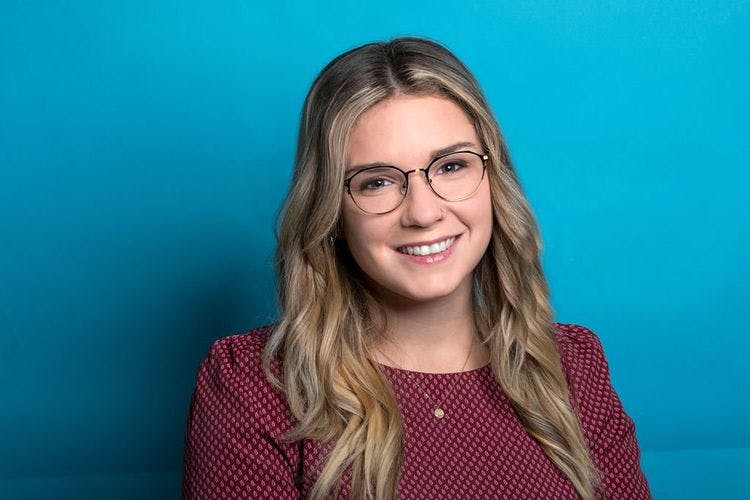
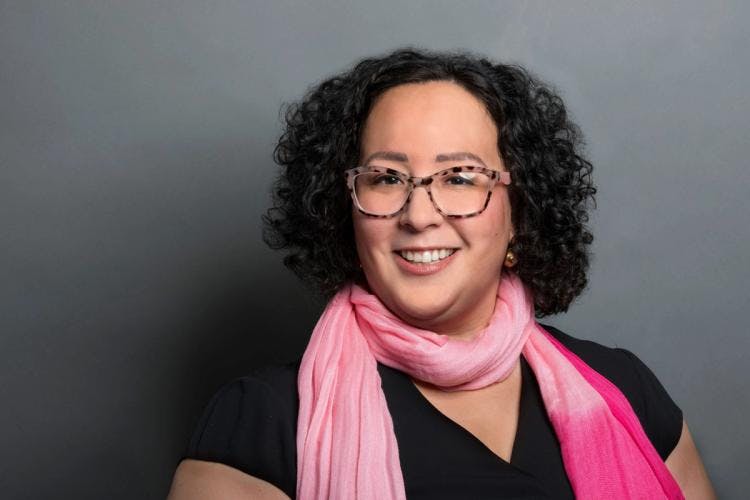
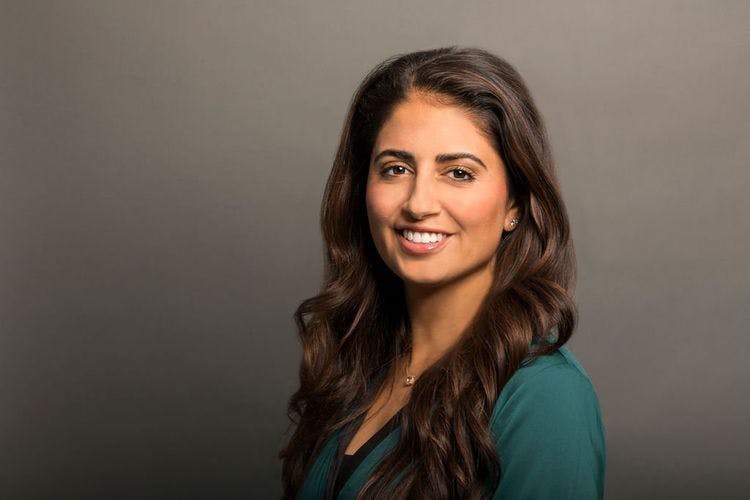
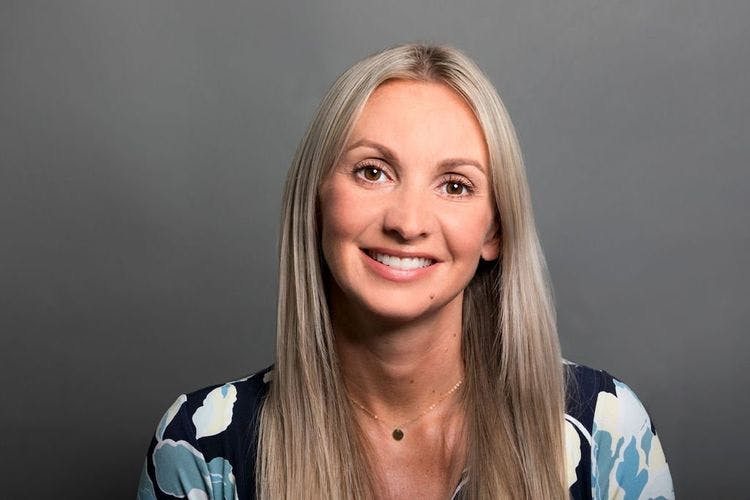
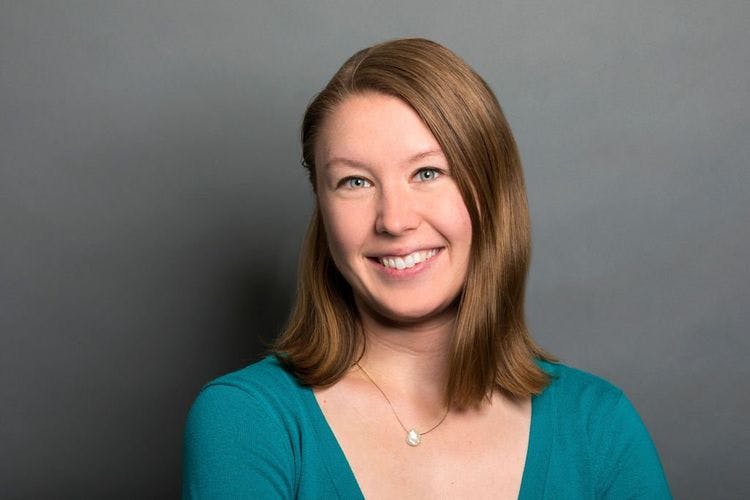
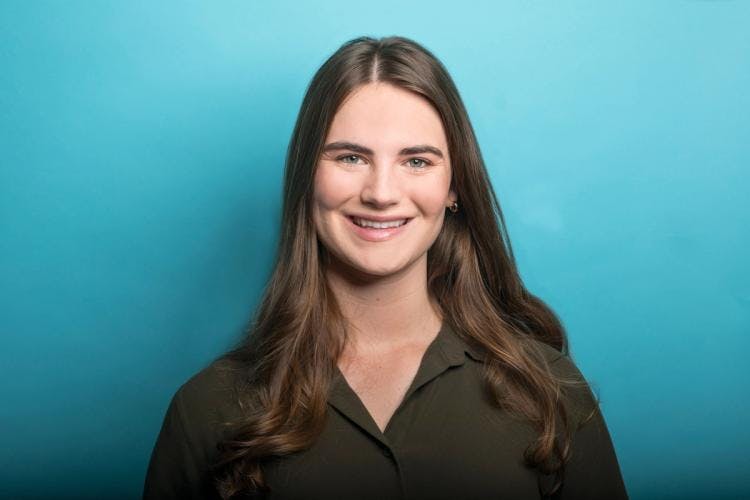
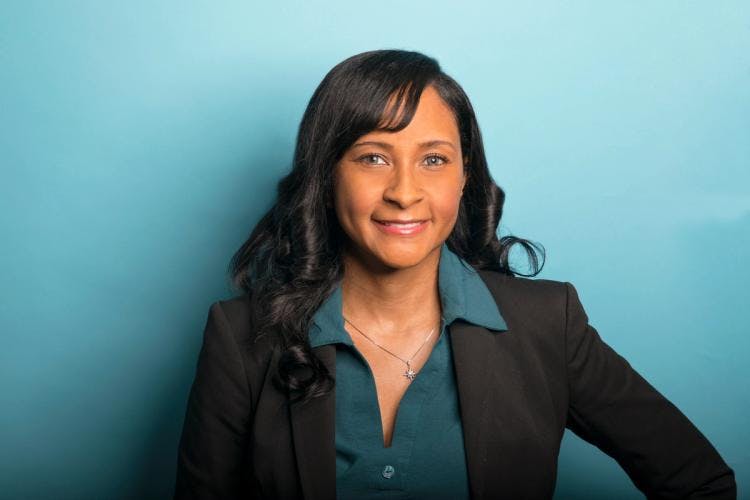
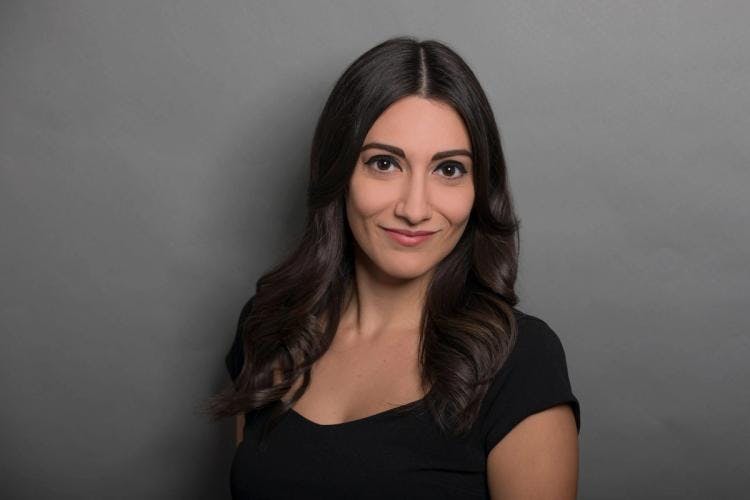
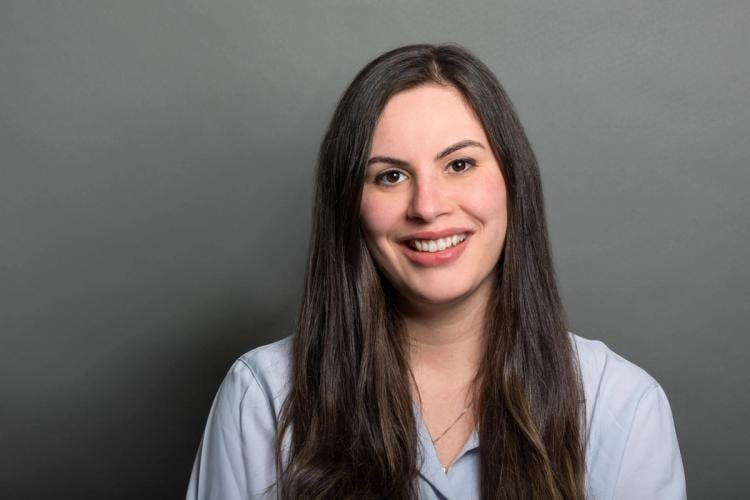

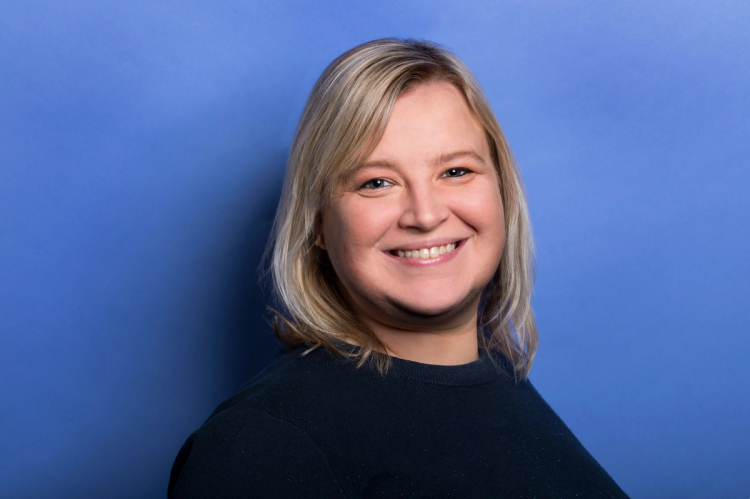
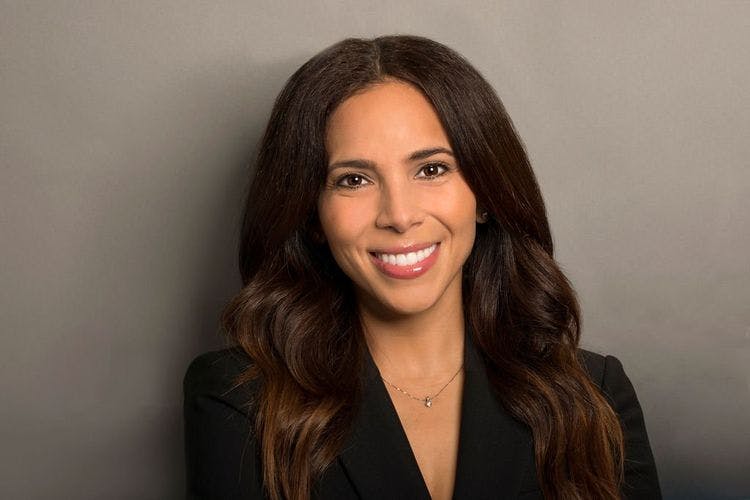
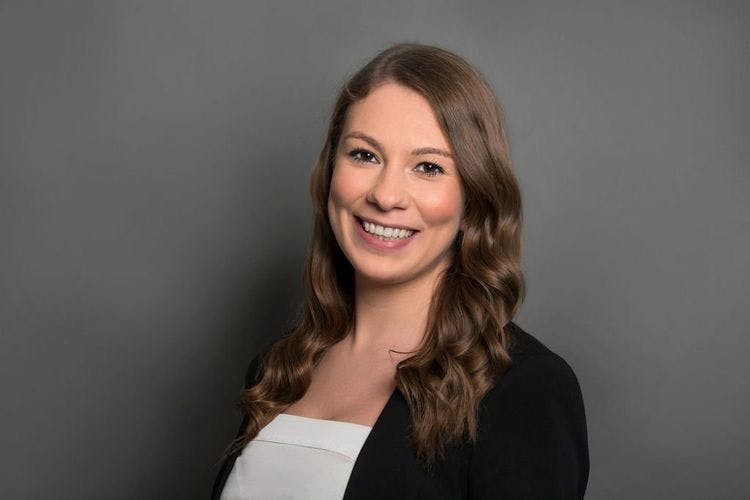
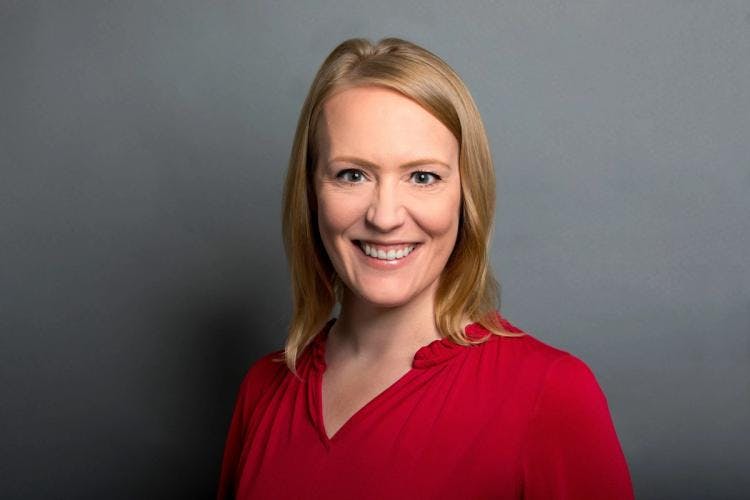
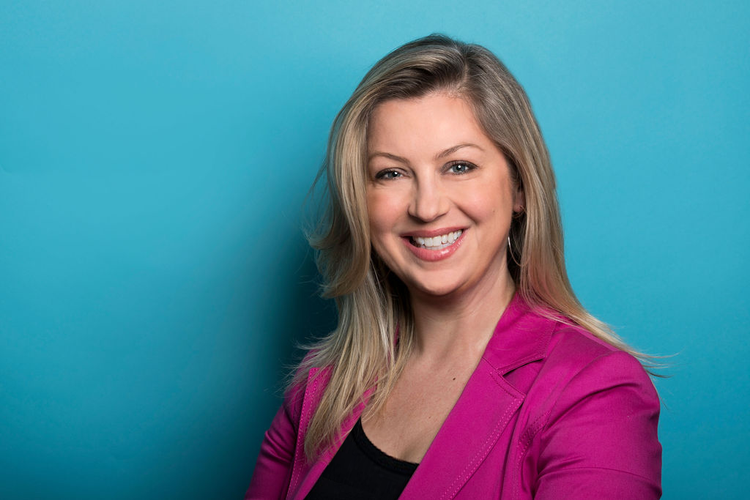

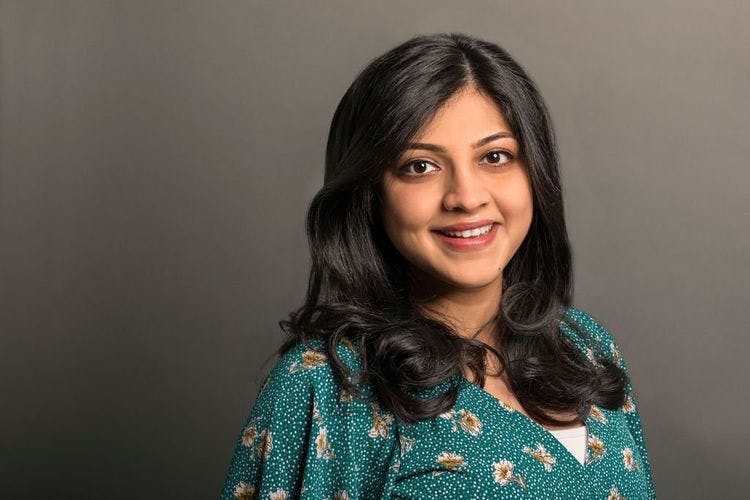
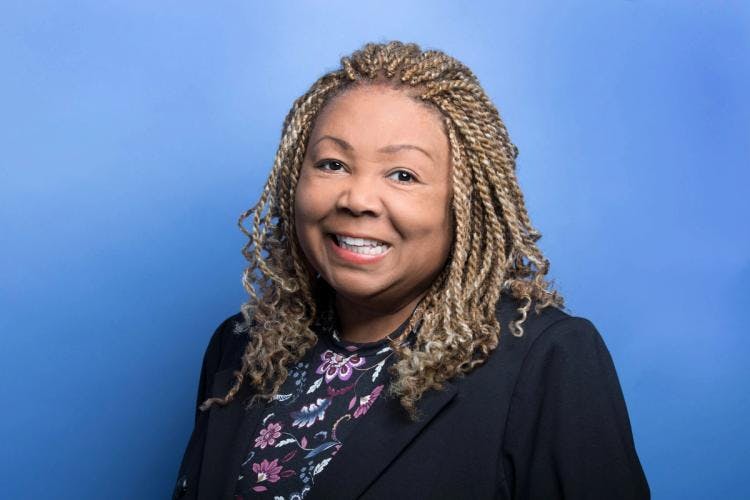
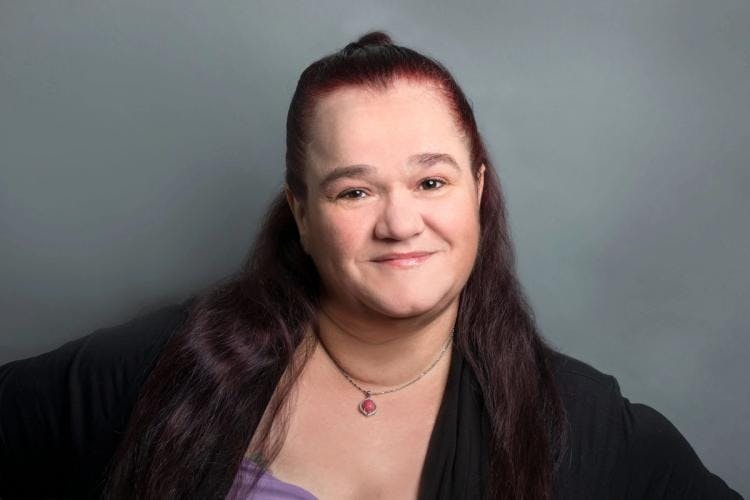

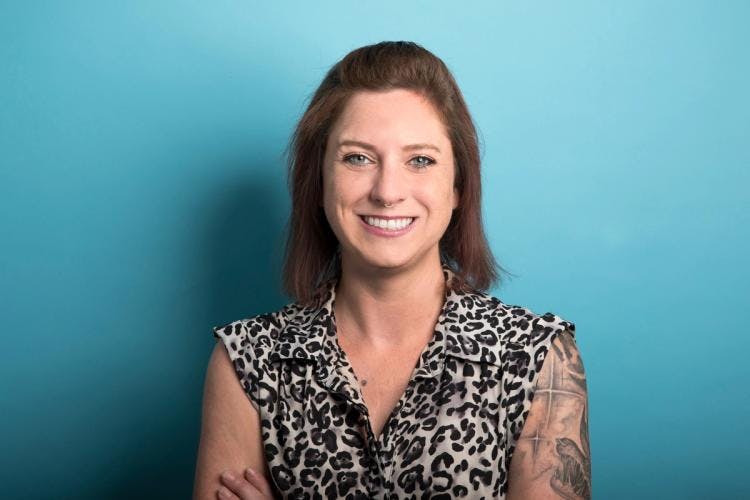


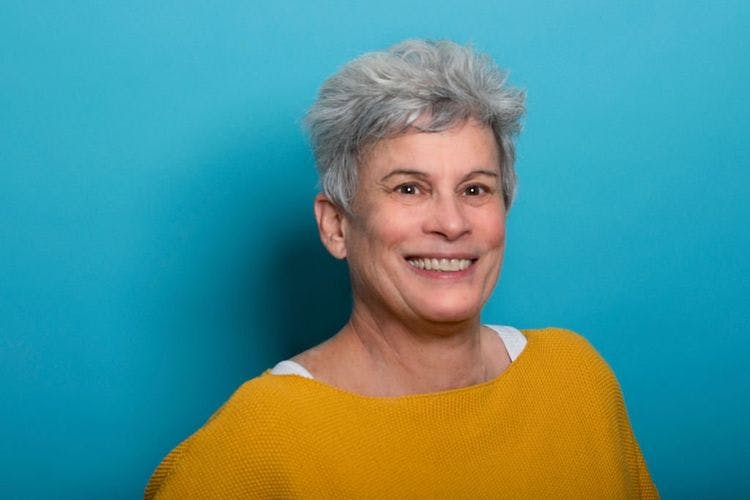
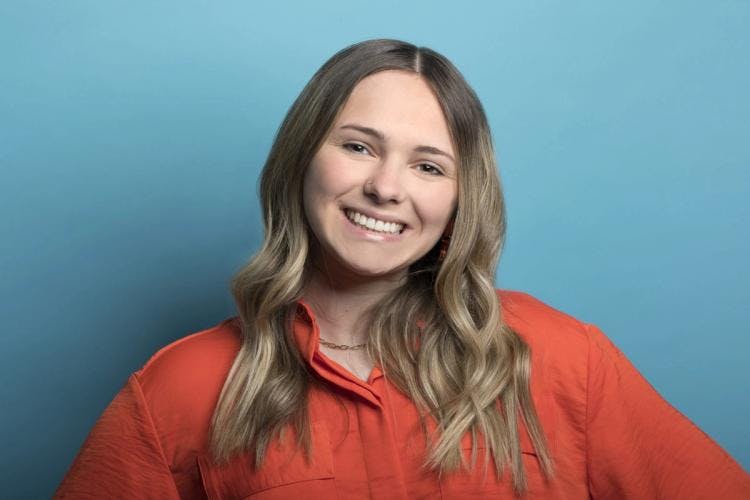
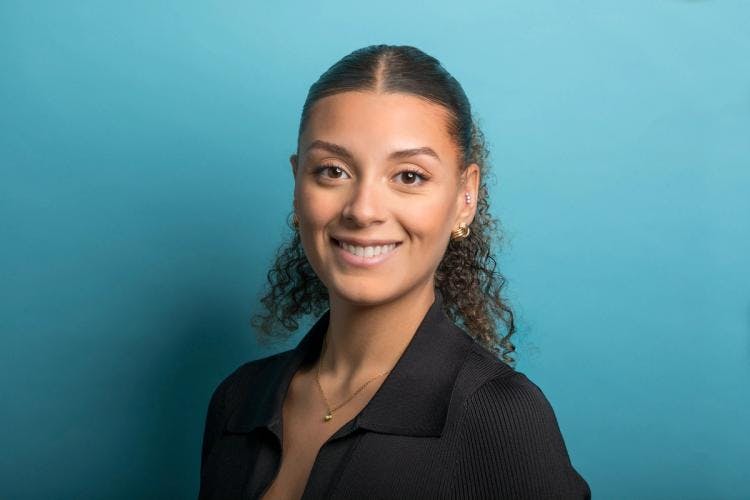

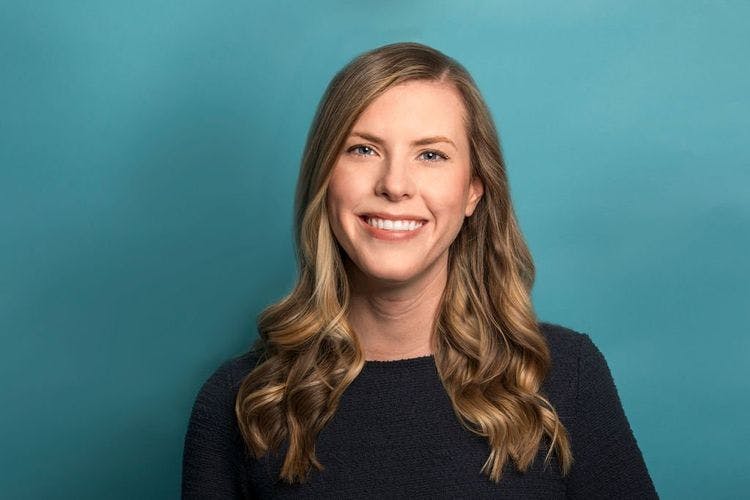



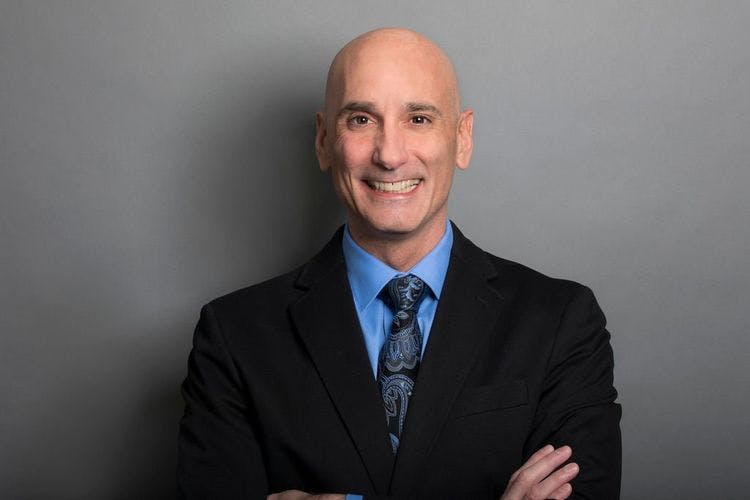

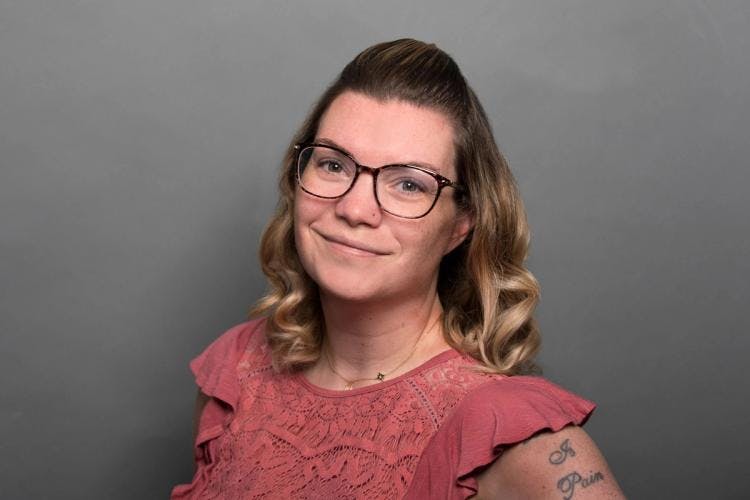


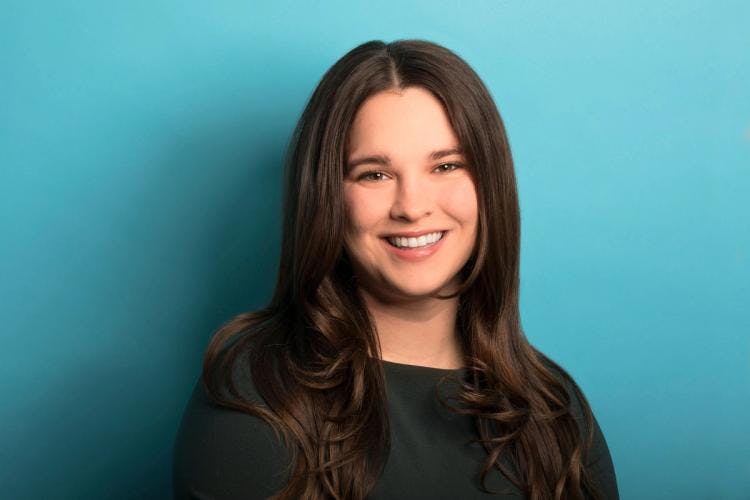
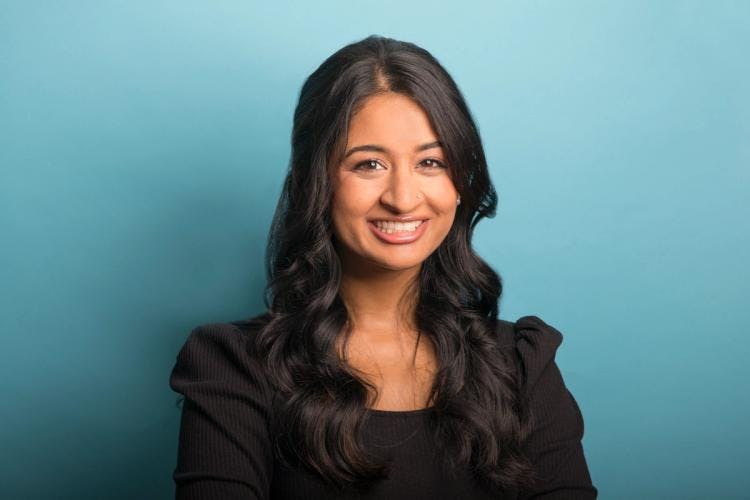
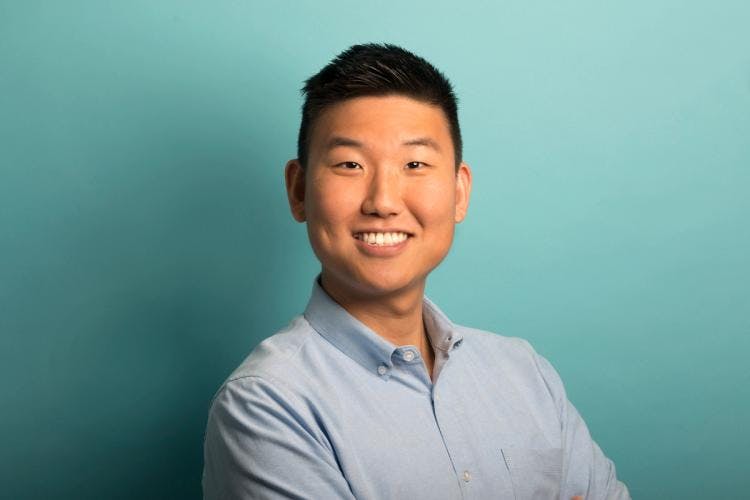
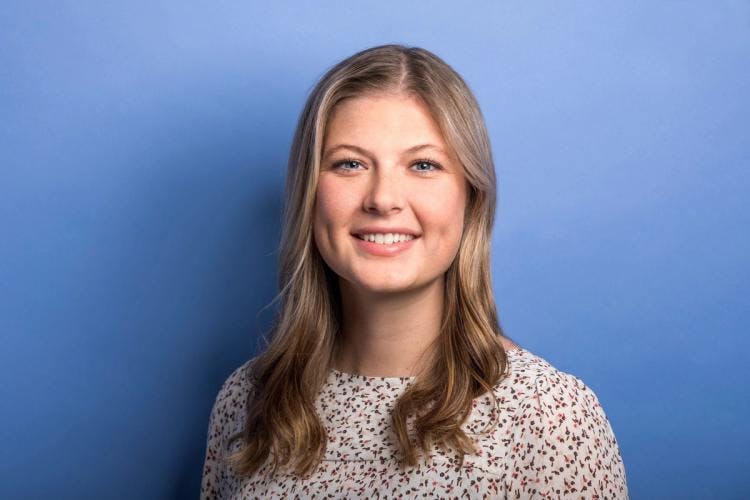



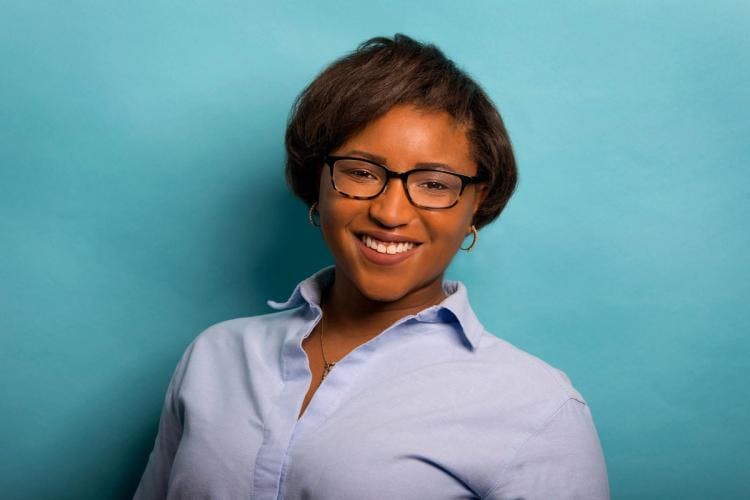




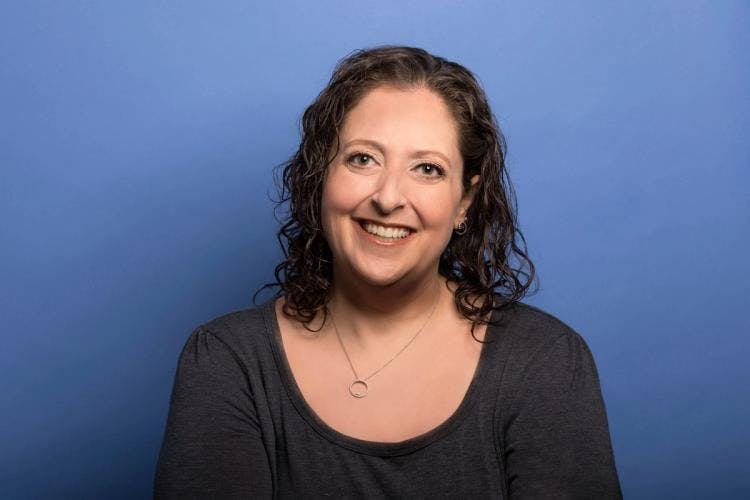
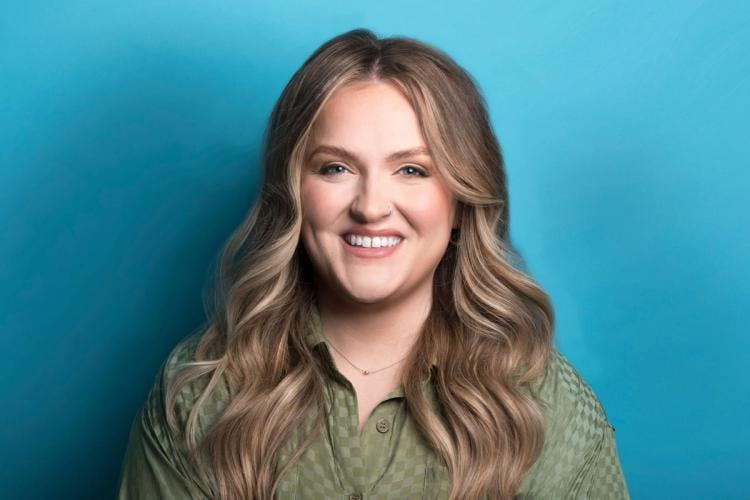
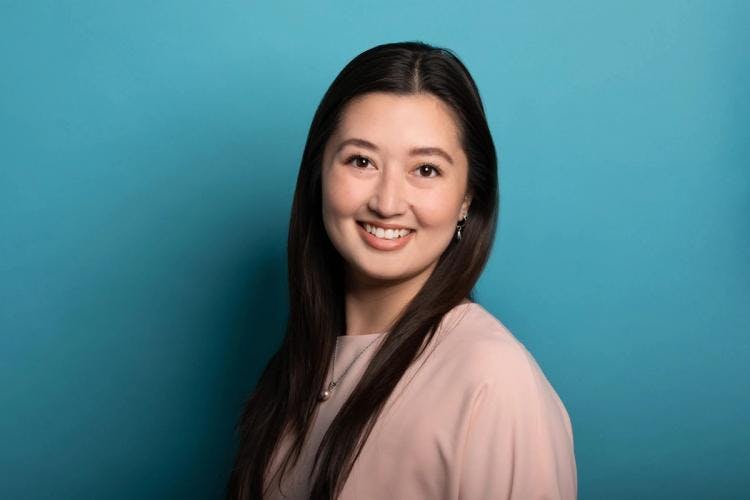
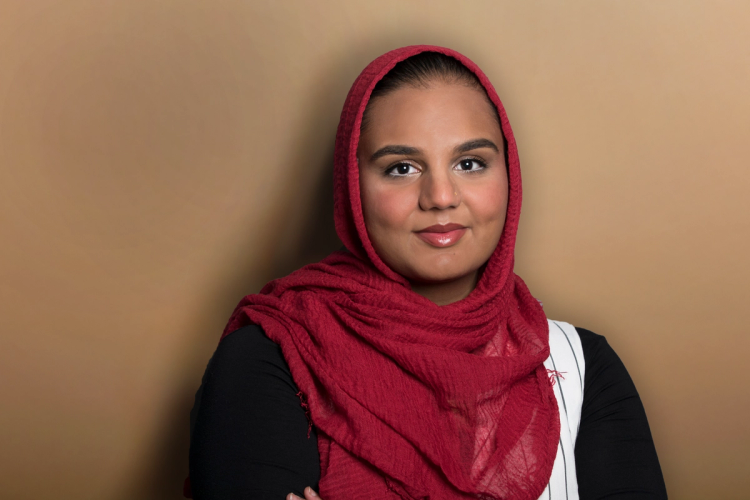


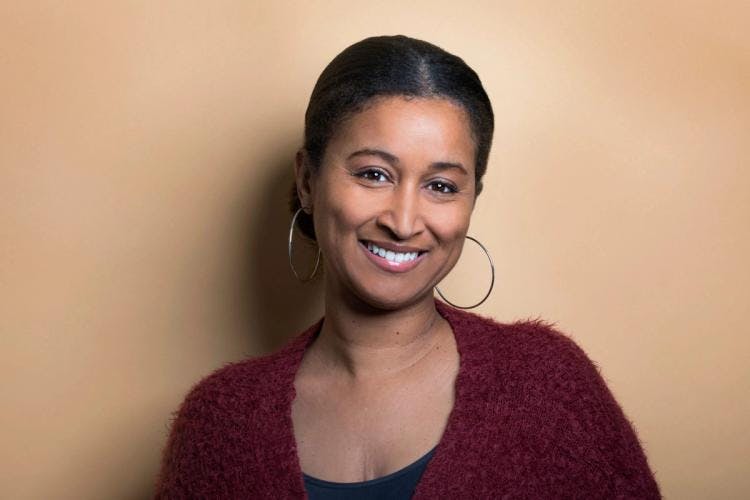
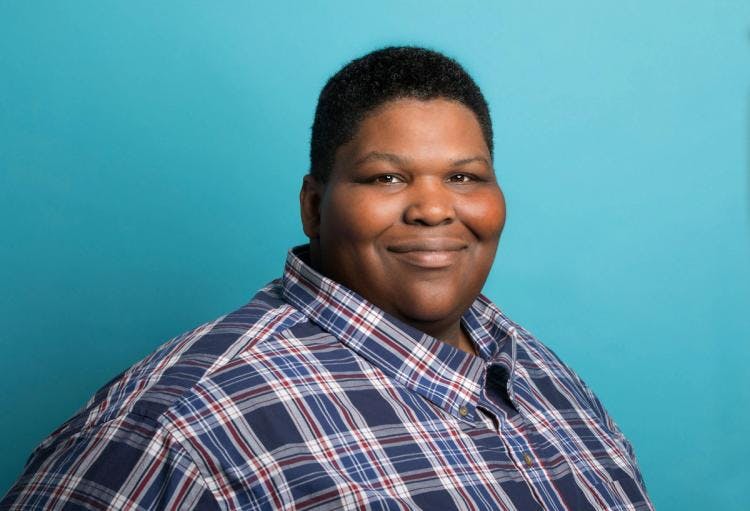
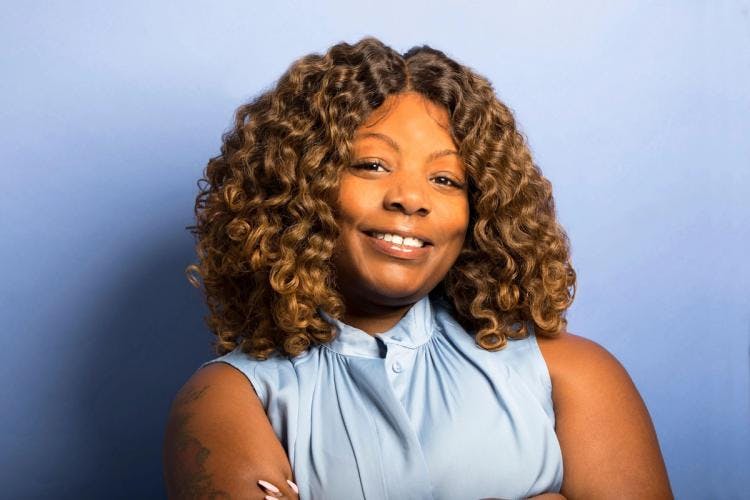
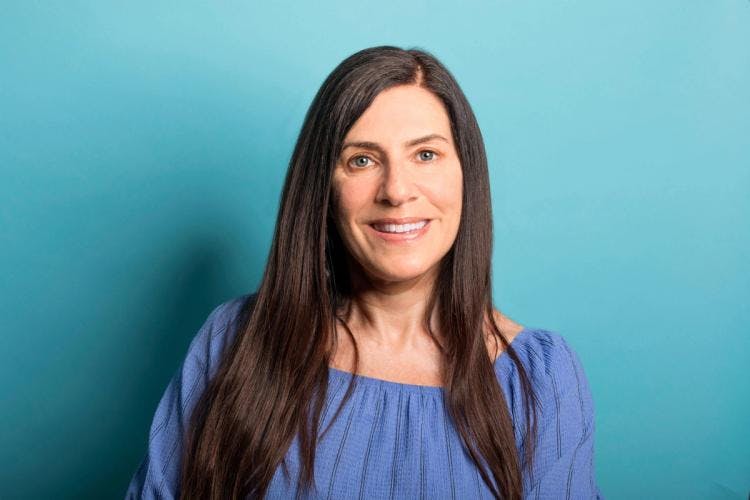
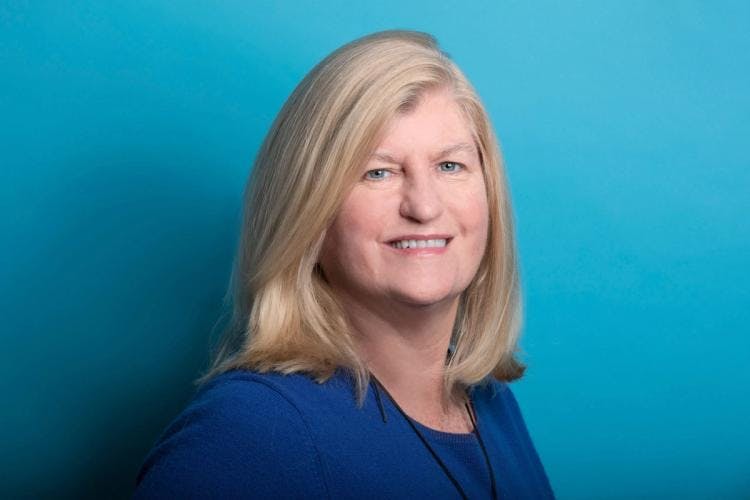

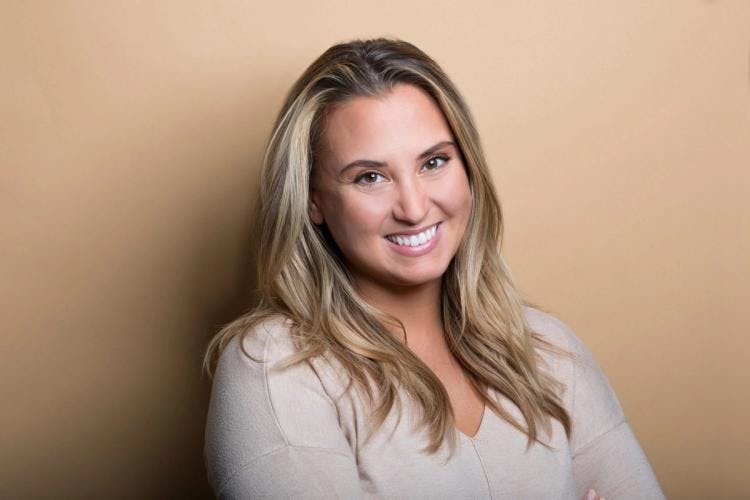
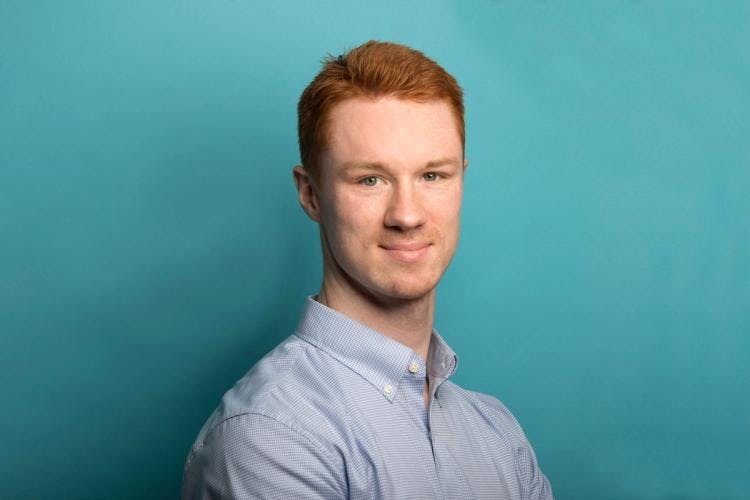
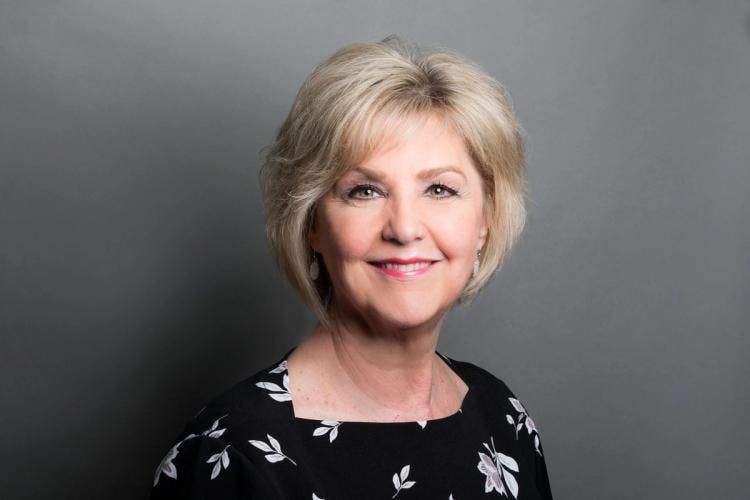
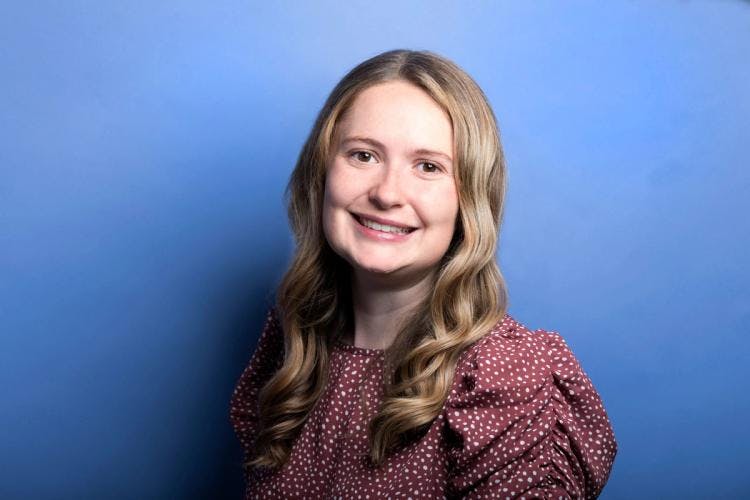

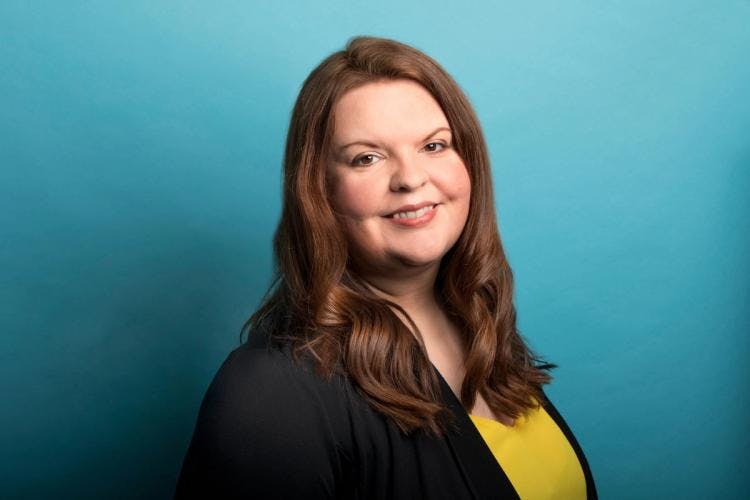
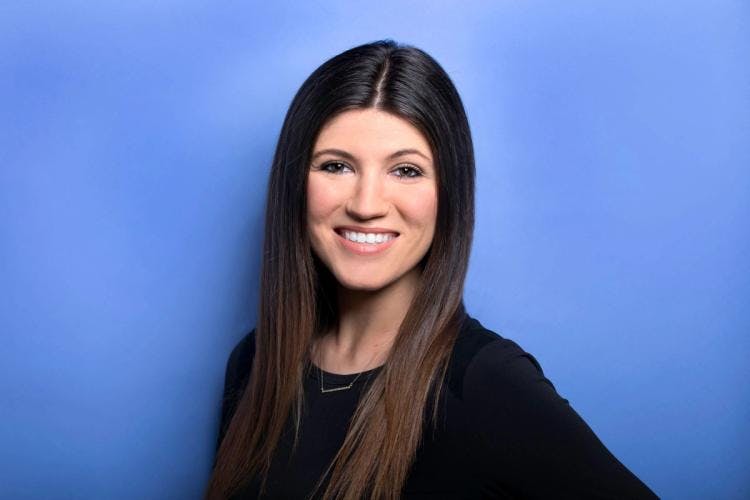
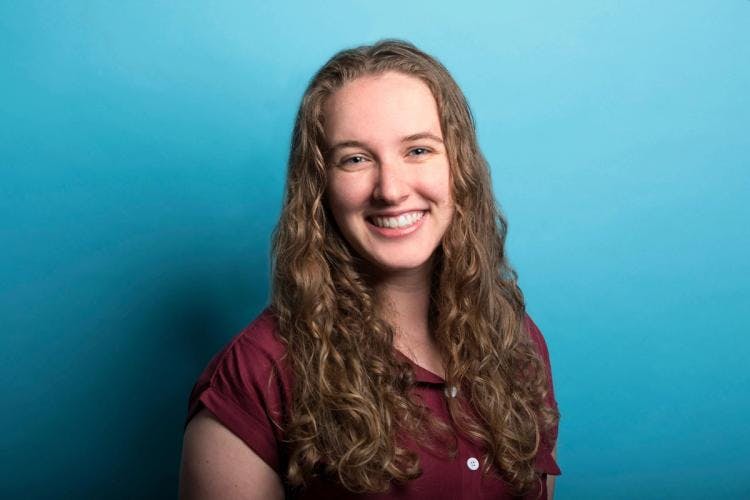
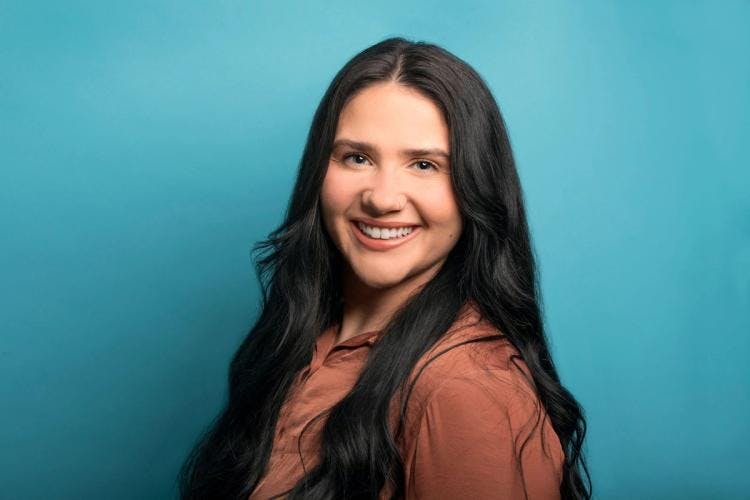


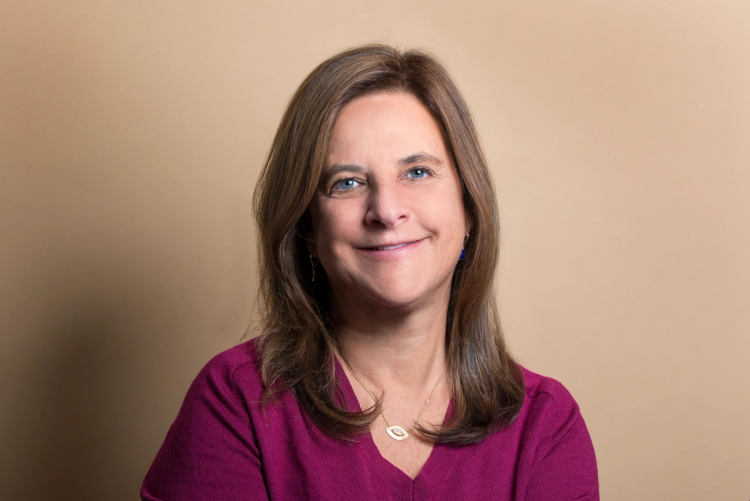

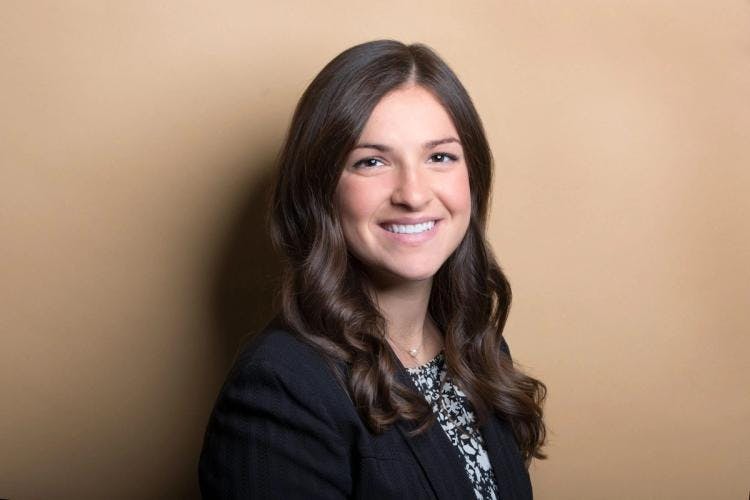
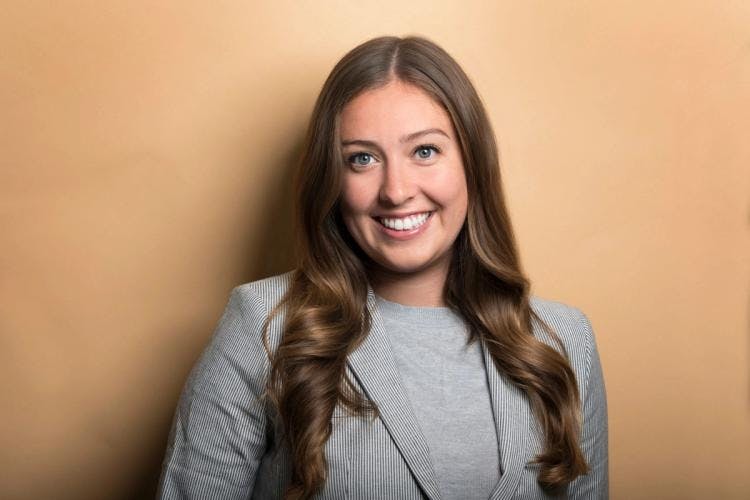
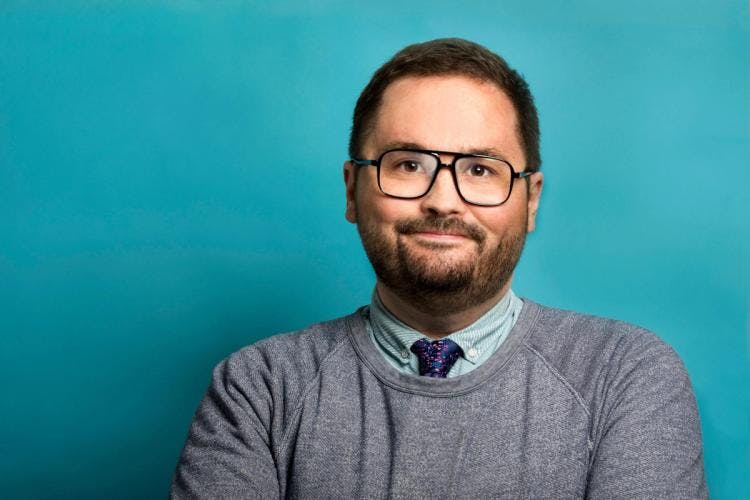

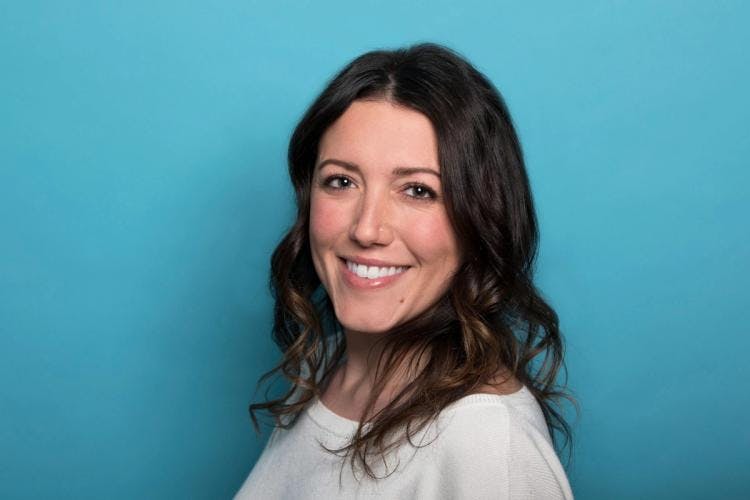

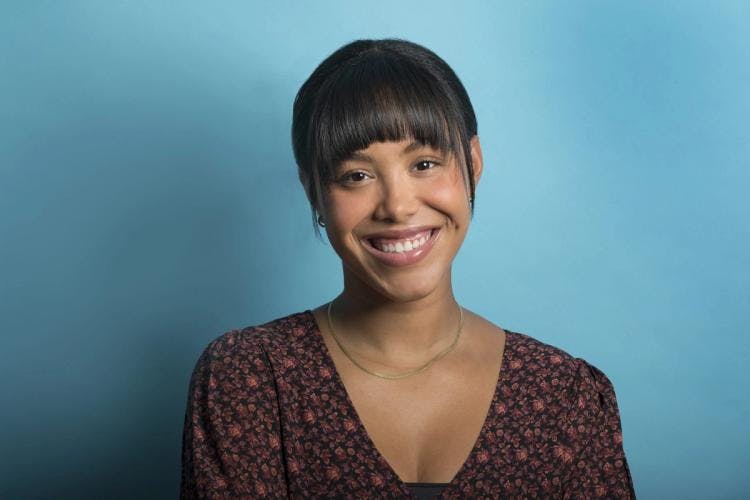
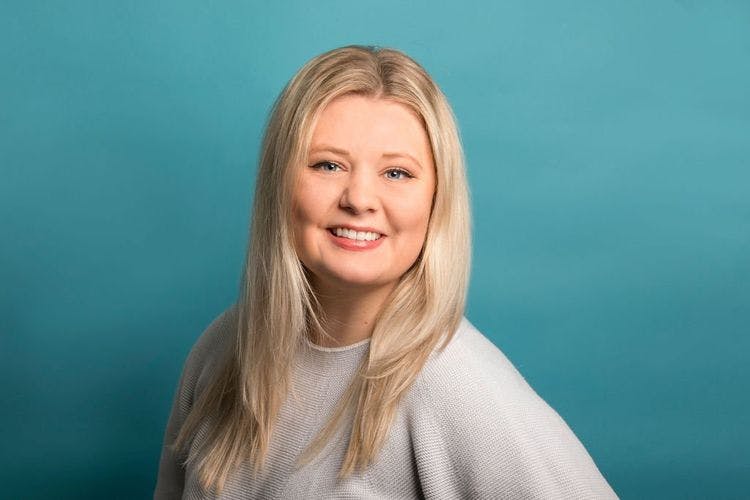
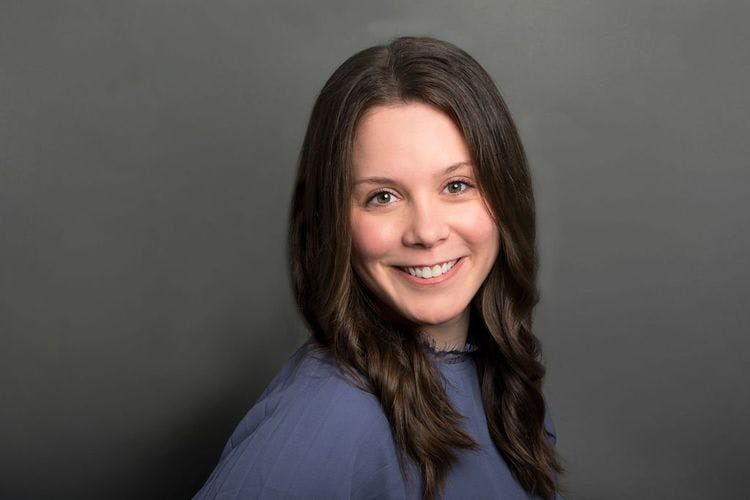
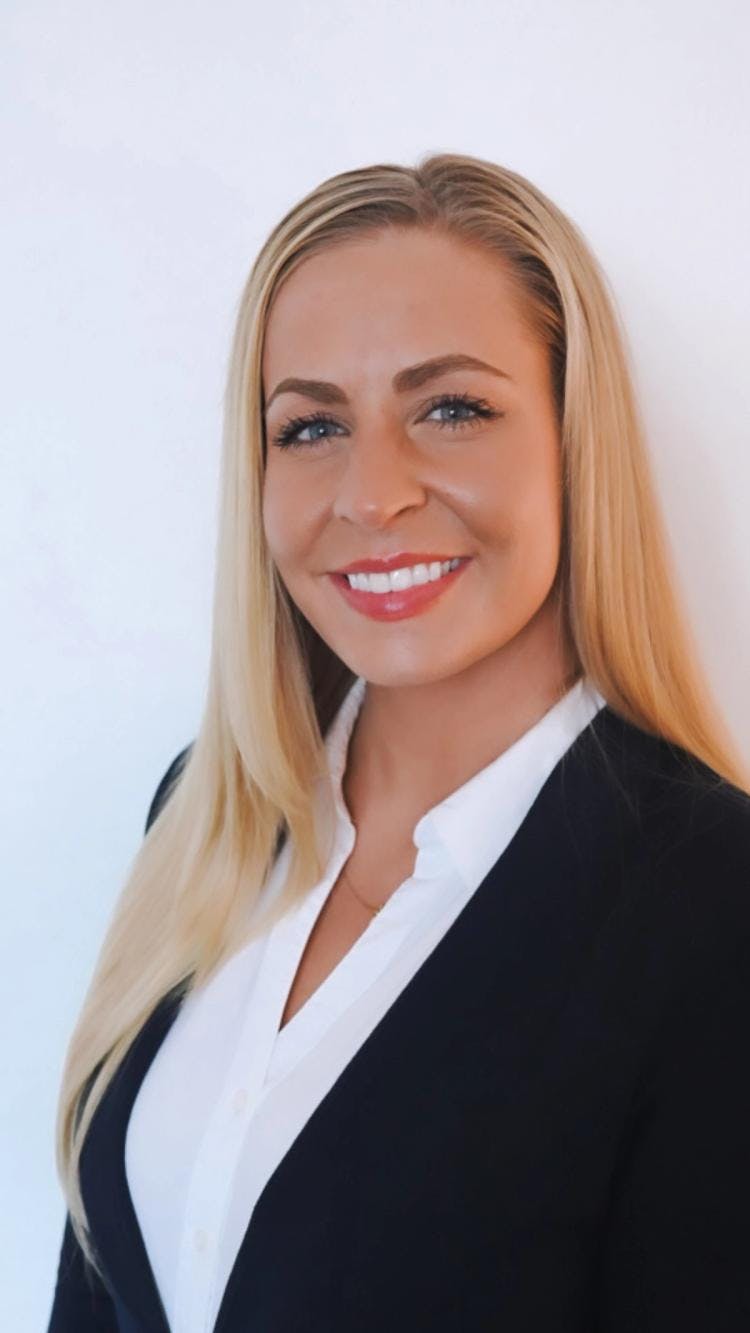

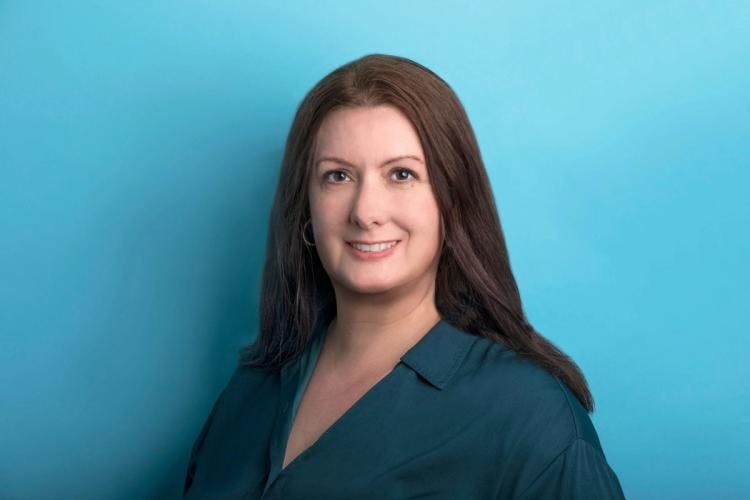

Our Services
Virtual/Online CarePHP and IOPAdult PsychiatryChild & Adolescent PsychiatryAdult TherapyChild & Adolescent TherapyCouples CounselingFamily TherapyGroup TherapyPsychological TestingTranscranial Magnetic Stimulation (TMS)Resources
Refer a PatientCareersClinical Training OpportunitiesOur ProvidersFree Mental Health TestsCommonly Prescribed MedicationsLocationsBlogIn The NewsClarity Through CharityClarity for AllQuick Links
Patient PortalFAQsAccepted InsurancesContact us